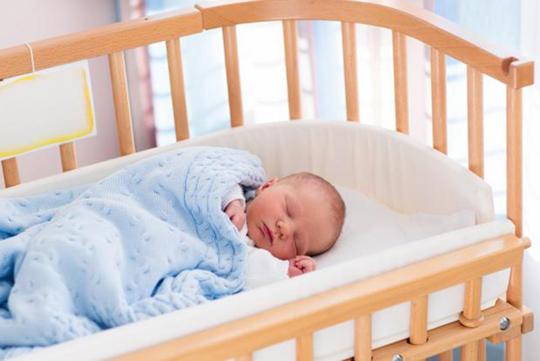You are here
Sleepy teens need later school start times
Aug 31,2014 - Last updated at Aug 31,2014
By Deborah Netburn
Los Angeles Times (MCT)
If you thought trying to get a groggy teenager out of bed in time for school each morning was your own private struggle, you thought wrong.
The American Academy of Paediatrics declared the chronic sleepiness of our nation’s teenagers a public health issue in a recent policy statement. And to help fix the problem, the organisation called for middle and high schools to push back their start times 30 minutes to an hour to allow students to get more rest.
“A substantial body of research has now demonstrated that delaying school start times is an effective countermeasure to chronic sleep loss,” the organisation said. “The American Academy of Paediatrics strongly supports the efforts of school districts to optimise sleep in students.”
Sleep deprivation in teenagers is widespread. Eighty-seven per cent of high school students in the US are getting less than the recommended 8.5 to 9.5 hours of sleep, and high school seniors get less than seven hours of sleep a night, on average, the AAP says.
In addition, 28 per cent of high school students report falling asleep at school at least once a week, while one in five say they fall asleep doing homework with similar frequency.
The exhaustion has serious consequences. The AAP reports that the average teenager in the US regularly experiences levels of sleepiness similar to people with sleep disorders such as narcolepsy. Adolescents are also at higher risk for car accidents resulting from drowsy driving. And, as many of us know from personal experience, lack of sleep affects mood, attention, memory and behaviour control.
So can’t they just go to bed earlier? The answer is: not really. Studies suggest that at the onset of adolescence, there is a delay in when the body starts to secrete melatonin, a hormone that tells the body it’s time to go to sleep. Researchers have also found that it takes the adolescent brain longer to wind down and fall asleep after being awake for 14.5 to 18.5 hours than it does for people in other stages of life.
“This research indicates that the average teenager in today’s society has difficulty falling asleep before 11:00pm and is best suited to wake up at 8:00am or later,” the AAP statement says.
As of the 2011-12 school year, 43 per cent of US public high schools had a start time before 8:00am.
“When high school classes begin early in the morning, we ask teens to shine when their biological clock tells them to sleep,” Timothy Morgenthaler, president of the American Academy of Sleep Medicine, said in a statement.
Studies have shown that when school starts later, it can help students get an additional hour of sleep per night, improve attendance rates, lower dropout rates, and even reduce the number of car crashes among adolescent drivers. Whether a later start time improves academic performance is still up in the air.
The AAP acknowledges that later start times can be hard for schools to implement logistically, but they argue that it is worth the effort.
“Both the urgency and the magnitude of the problem of sleep loss in adolescents and the availability of an intervention that has the potential to have broad and immediate effects are highly compelling,” they said.
Related Articles
Parents have long suspected it, but now doctors have proof: the more time teenagers spend on computers or mobile phones, the less they sleep — especially if the gadget is used just before bedtime.
Kids who regularly plugged into social networking sites before bedtime reported sleeping nearly an hour less on school nights than those who rarely connected online, a new study shows.
Parents who put babies to sleep in their own rooms report the infants get more rest and have more consistent bedtime routines than parents w
















